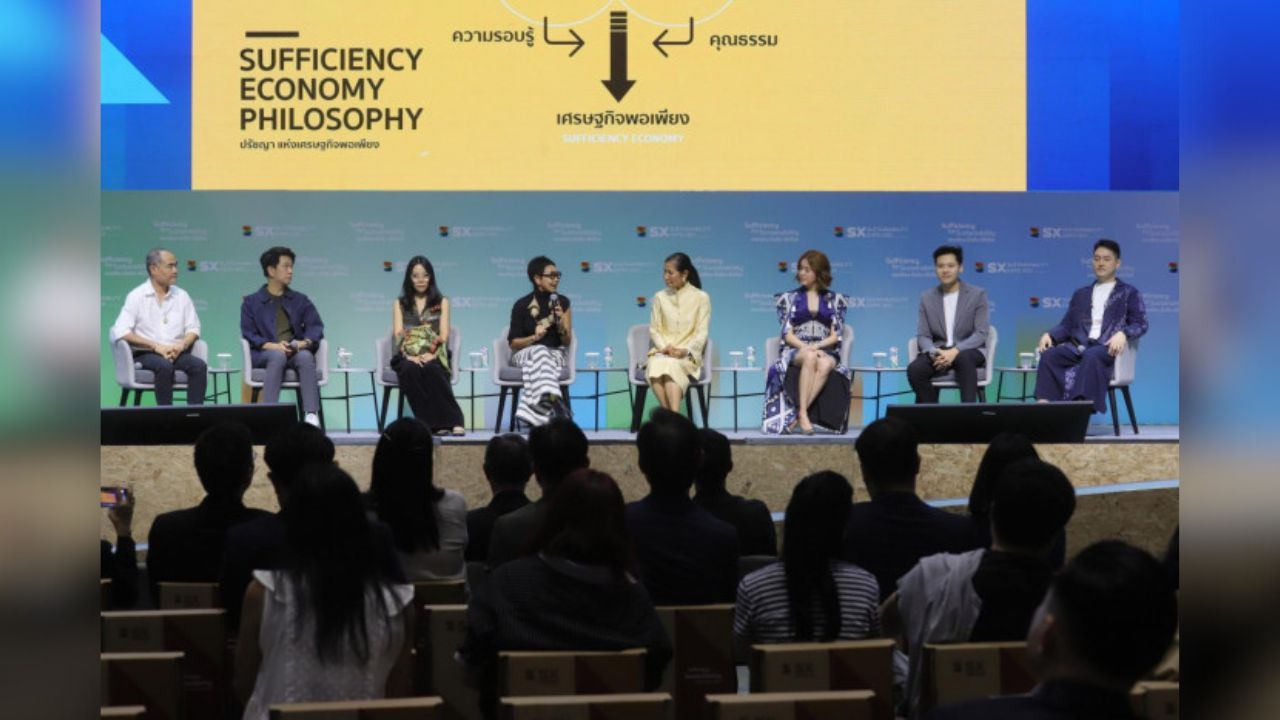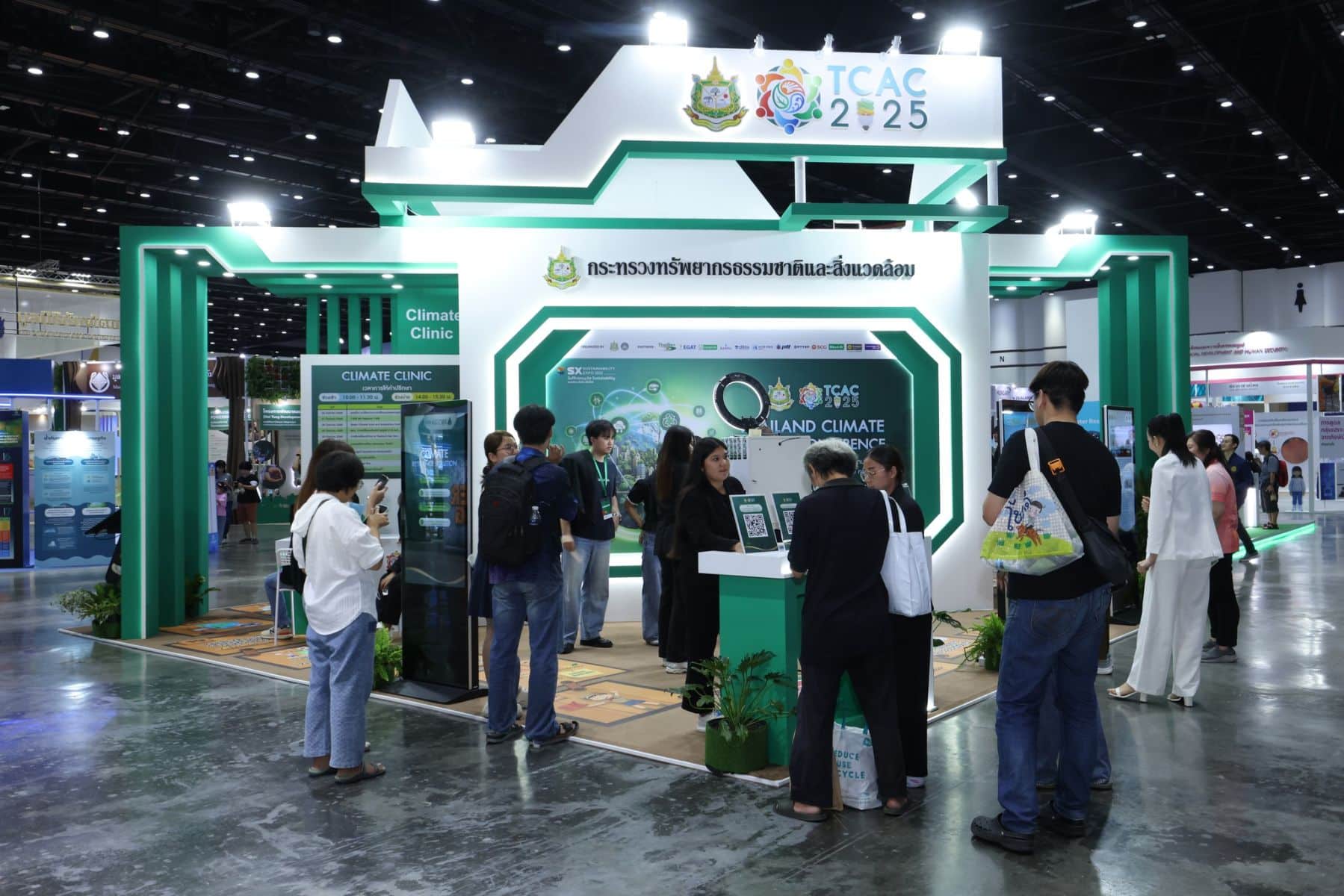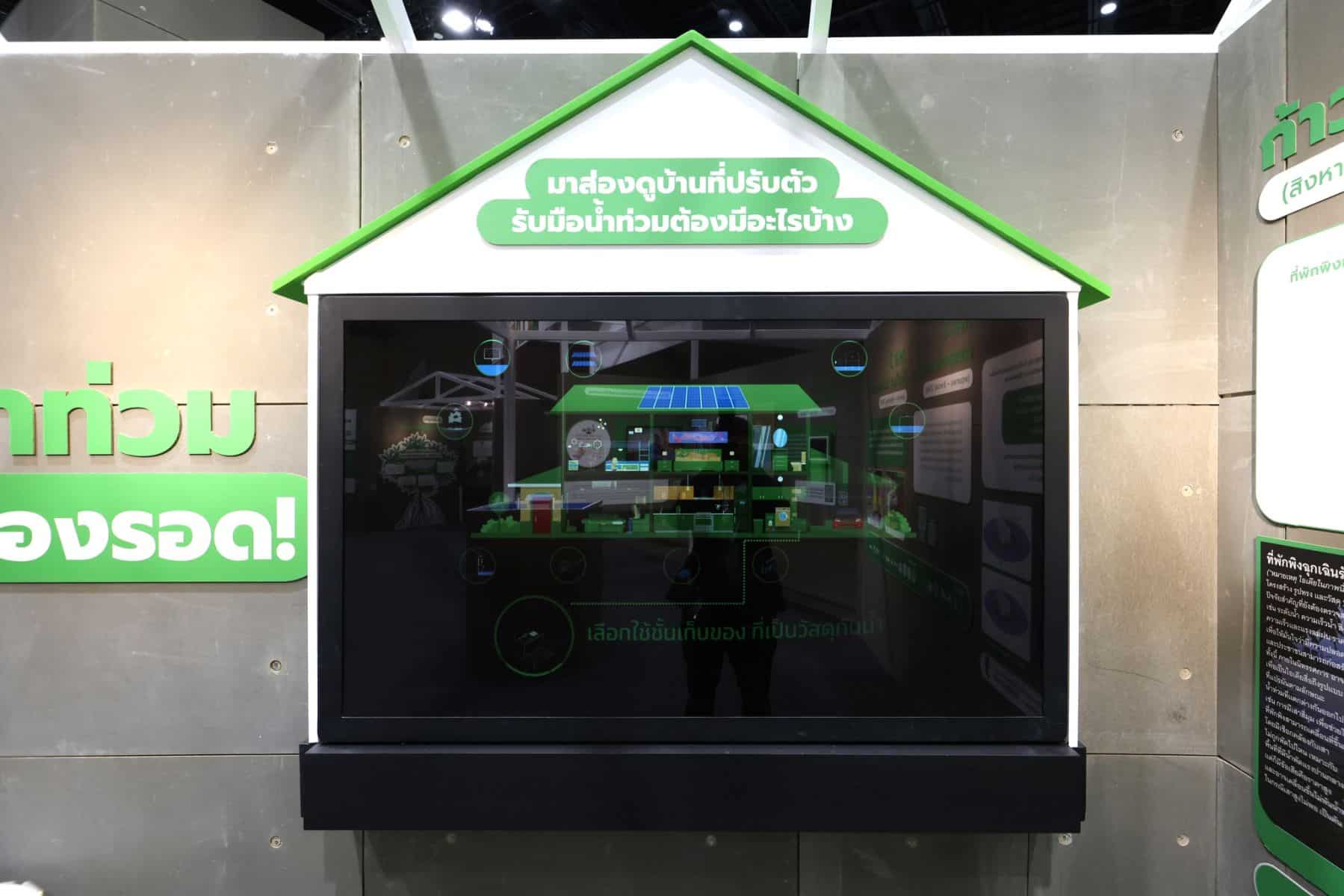

Thailand was ranked 24th in a global climate index, receiving praise for emissions control but criticism for its weak renewable energy efforts and policies.
The ranking highlights a high score for Greenhouse Gas (GHG) emissions, a medium score for energy use, but a disappointing low score for renewable energy adoption and a low score for climate policy.
To further align economic activity with environmental goals, the Thai government is currently accepting public feedback on Taxonomy Phase 2. This updated framework will define sustainable practices in key sectors such as agriculture, real estate, manufacturing, and waste management. It aims to support both government and businesses in aligning with international and local environmental standards, while promoting green finance and sustainable investment.
The announcement comes amid growing collaboration between Thailand and Australia on climate action. Australia, following significant policy reforms in 2023, has emerged as one of the more progressive economies in terms of renewable energy and green transition.

Speaking at the Sustainability Expo 2025 at the Queen Sirikit National Convention Centre, Australian Ambassador to Thailand Angela Macdonald noted Australia’s ambitious shift towards clean energy.
“South Australia is aiming to generate 100% of its electricity from renewable sources by 2027, supported by large-scale battery storage.”
At the federal level, Australia is legally committed to cutting emissions by 43% by 2030, with a newly announced target of 62 to 70% by 2035.
“With a vast landmass, the driest continent on Earth, Australia has been tackling the effects of climate change: water scarcity, air quality challenges.”

She also underscored the need for regional partnerships.
“Thailand, while smaller geographically, has a much larger population and is part of ASEAN, our regional neighbourhood. The challenges we face, plastics in the oceans, PM2.5 pollution, emissions, and flooding, are not confined to one country. They are regional and global.”


Among joint efforts, Australia is supporting Thailand through the Mekong–Australia Partnership and technical collaboration between the Commonwealth Scientific and Industrial Research Organisation and Thailand’s Electricity Generating Authority (EGAT) to enhance grid stability, reported Bangkok Post.
Projects such as the transformation of Bangkok’s Makkasan Park, plastic reduction initiatives, and green energy innovation in hydrogen and battery tech further reflect the growing partnership between the two nations.
The story Thailand climbs climate ranks but flunks on clean energy as seen on Thaiger News.
